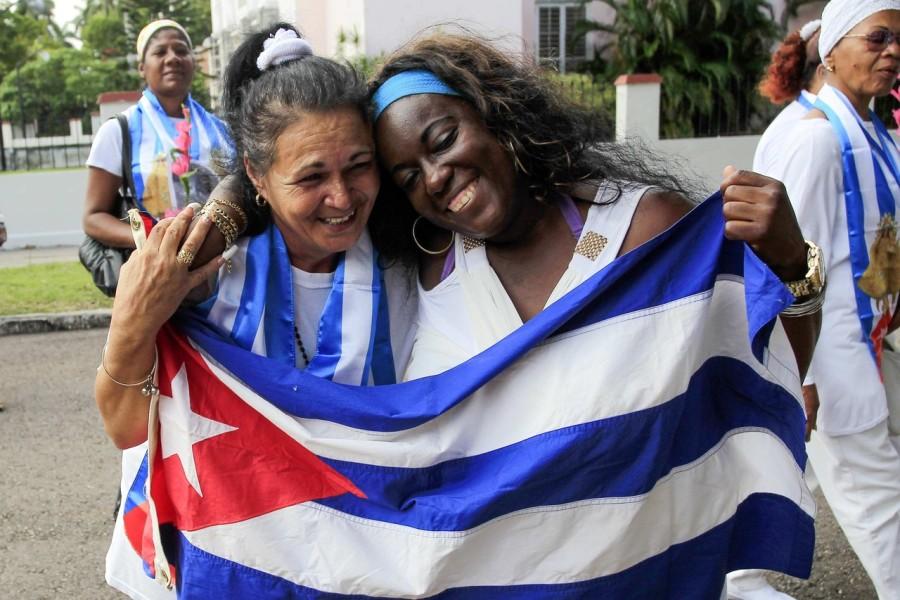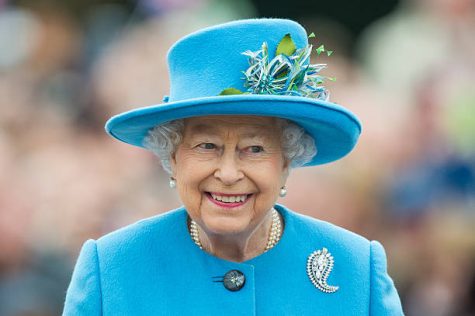Cuba releases 53 political prisoners due to agreement with Washington
Washington/Havana—On Monday, January 12, Cuba released the eight remaining political prisoners requested by the U.S. government, adding up to a total of 53.
This event was considered to be a historic and integral part of the deal made between the U.S. and Cuban governments in an attempt to reestablish their diplomatic relations and restore their economic exchanges after more than 50 years of estrangement.
“We welcome this very positive development and are pleased that the Cuban government followed through on this commitment,” said State Department spokeswoman Marie Harf. “Clearly, we think this is a good thing.”
The prisoners were originally detained due to their participation in political activities or supporting political and social reforms (Investors Monthly).
According to the Cuban Commission for Human Rights and National Reconciliation, 8,899 people were detained in 2014 and 6,424 were detained in 2013 (USA Today). Washington still continues in its attempts to persuade Havana to release more prisoners from protest groups, including the Ladies in White.
“You don’t erase decades of mistrust overnight but you can chip away at it by taking steps to improve the relationship,” a US official said.
However, their release does not guarantee they will remain free. Any of the prisoners can potentially be returned to prison for any minor offences they may commit, and many of them stated that they have been advised to stay out of opposition politics.
“None of them have unconditional freedom. None of them,” said leader of the commission, Elizardo Sanchez.
During a speech in Louisville, Kentucky, President Obama’s U.N. ambassador Samantha Power stated that the U.S. will continue in its attempts to improve Cuba’s human rights problems. “Welcome as that step is, and heartening as it is for their families, [it] does not resolve the larger human rights problems on the island,” she said.






